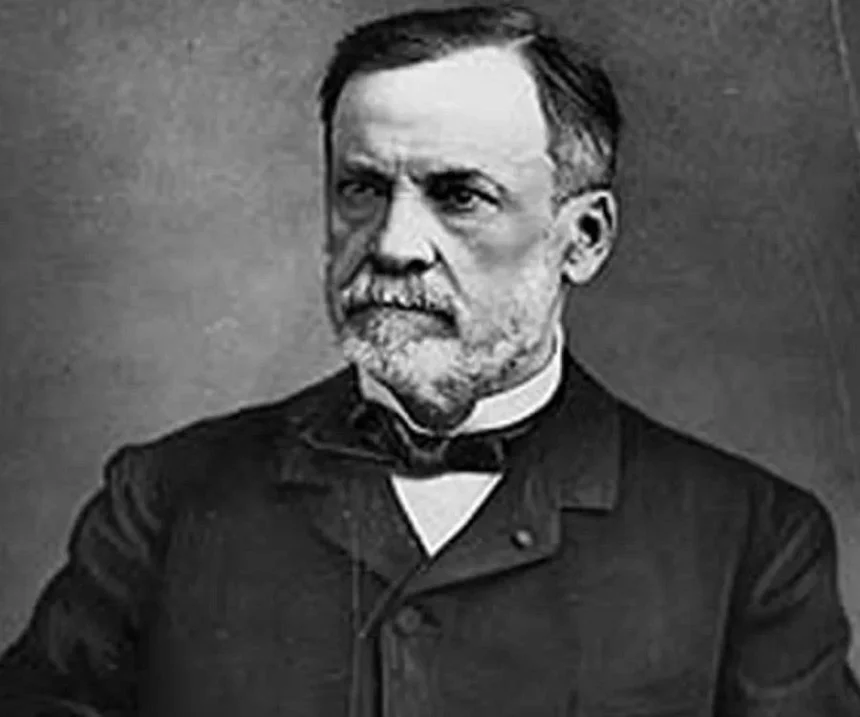Louis Pasteur, born on 27 December 1822 and passing away on 28 September 1895, was a distinguished French chemist and microbiologist celebrated for his groundbreaking contributions to the fields of vaccination, microbial fermentation, and pasteurization—a technique named in his honor. His extensive research in chemistry resulted in revolutionary insights into the causes and prevention of diseases, laying the groundwork for hygiene, public health, and modern medicine.
Louis Pasteur work proved instrumental in saving countless lives through the development of vaccines for diseases such as rabies and anthrax. Widely recognized as one of the founders of modern bacteriology, he earned the titles “father of bacteriology” and “father of microbiology,” alongside Robert Koch, with the latter epithet also attributed to Antonie van Leeuwenhoek.
- Advertisement -
Among Louis Pasteur significant achievements was disproving the doctrine of spontaneous generation. In an experiment conducted under the auspices of the French Academy of Sciences, he demonstrated that in sterilized and sealed flasks, nothing developed, while microorganisms thrived in sterilized but open flasks. This groundbreaking experiment earned him the prestigious Alhumbert Prize from the academy in 1862.
Pasteur played a pivotal role in advancing the germ theory of diseases—a concept considered minor in his time. His experiments convincingly showed that diseases could be prevented by eliminating or inhibiting germs, providing strong support for the germ theory and its subsequent application in clinical medicine. Pasteur’s legacy extends to the general public through his invention of pasteurization—a technique that treats milk and wine to prevent bacterial contamination.
In addition to his microbiological achievements, Pasteur made noteworthy contributions to chemistry. His investigations into the molecular basis for the asymmetry of certain crystals and racemization had profound implications for structural chemistry and various fields, including medicinal chemistry. Early in his career, his exploration of sodium ammonium tartrate marked the initiation of the field of optical isomerism.
Louis Pasteur served as the director of the Pasteur Institute, established in 1887, until his demise. His final resting place is a vault beneath the institute. Despite his groundbreaking experiments, Pasteur’s legacy also became entwined with controversies. A historical reassessment of his notebooks revealed instances of deception aimed at overcoming rivals, adding a nuanced dimension to his storied career.









